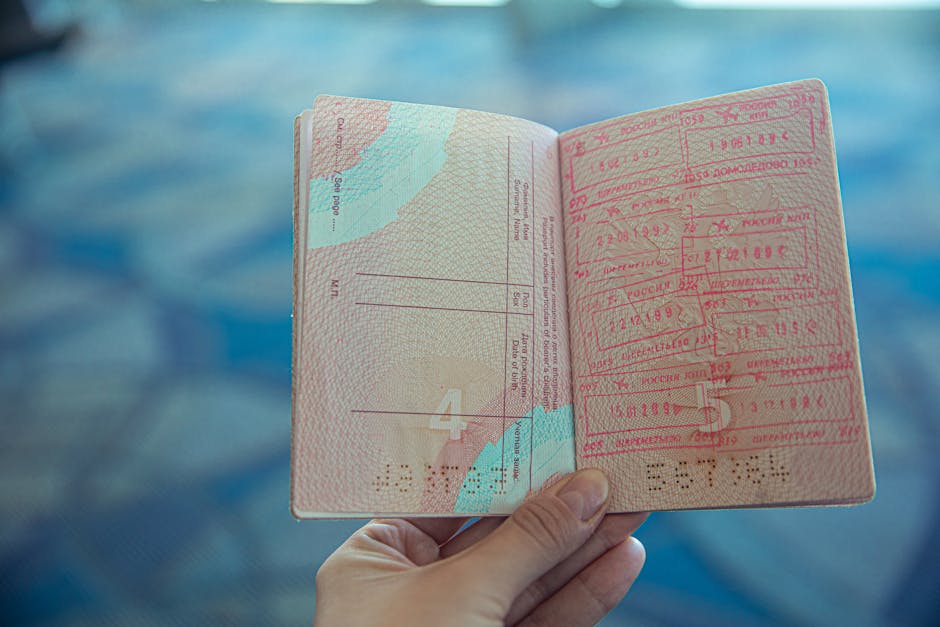GCC Electrician Visa Process
Understanding GCC Electrician Visa Process
The GCC electrician visa process opens doors to lucrative career opportunities. Skilled professionals can access high-demand markets across six nations. However, navigating this pathway requires careful planning and precise documentation.
Additionally, each member state maintains specific regulatory requirements. These often include credential verification and skills assessments. Furthermore, understanding regional labor laws is crucial for successful application.
GCC Electrician Visa Benefits
The GCC electrician visa process offers substantial financial rewards. Professionals typically earn significantly higher salaries than domestic markets. Tax-free income in most member states increases net earnings.
Moreover, employment contracts often include comprehensive benefits packages. These typically cover housing, transportation, and health insurance. Consequently, electricians can achieve substantial savings and career growth.
Specifically, exposure to international electrical standards enhances professional development. Working on large-scale projects builds valuable experience. Therefore, this career move provides both immediate and long-term advantages.
How GCC Electrician Visa Works
The standard procedure begins with securing a job offer. Employers must sponsor foreign workers through established companies. Next, the sponsoring employer initiates labor approval from relevant authorities.
Typically, this involves submitting company documents and project details. The Ministry of Human Resources and Emiratisation oversees this in the UAE. Similarly, Saudi Arabia uses the Ministry of Human Resources and Social Development.
Meanwhile, candidates must prepare their personal documentation. This includes educational certificates and professional experience records. Additionally, technical qualifications must meet destination country standards.
Furthermore, medical examinations are mandatory for all applicants. These check for communicable diseases and general fitness. Finally, biometric data collection completes the pre-approval requirements.
Best GCC Electrician Visa Practices
Successful applicants prioritize documentation accuracy above all else. Even minor discrepancies can cause significant delays. Therefore, double-check all forms before submission.
Moreover, understanding local electrical codes is essential. The International Labour Organization guidelines provide useful international standards context. Regional variations may apply based on specific project requirements.
Additionally, maintain open communication with your sponsoring employer. They handle much of the administrative workload. Consequently, regular updates prevent misunderstandings and processing bottlenecks.
GCC Electrician Visa Implementation
Implementation requires careful step-by-step execution. First, verify your qualifications meet destination country standards. Some nations require additional certification testing.
Next, gather all required personal documents. These typically include passports, photographs, and academic records. Furthermore, professional reference letters strengthen your application.
Then, complete any required medical screenings. Approved medical centers provide standardized reports. Finally, prepare for potential interviews or skills assessments.
Specifically, understanding UAE government employment regulations is crucial for UAE applicants. Similarly, other member states have unique implementation requirements.
Advanced GCC Electrician Visa Strategies
Seasoned professionals use strategic approaches for better outcomes. These include targeting specific high-demand specializations. Industrial and maintenance electricians often receive priority processing.
Moreover, understanding regional economic developments provides advantages. The World Bank economic reports highlight growing construction sectors. Targeting these areas increases employment opportunities.
Additionally, consider cultural and language preparation. Basic Arabic language skills significantly improve workplace integration. Consequently, employers often prefer candidates with regional awareness.
GCC Electrician Visa Success Tips
Avoid common pitfalls through careful preparation. Many applicants underestimate documentation requirements. Therefore, use comprehensive checklists from official sources.
Furthermore, maintain realistic timelines throughout the process. Administrative procedures often take longer than anticipated. Meanwhile, keep original documents secure and accessible.
Specifically, understand World Health Organization workplace standards for health requirements. Medical clearance is non-negotiable for visa approval.
Additionally, leverage professional networks and recruitment agencies. Established connections provide valuable market insights. Thus, improving your employment prospects and negotiation position.
Future of GCC Electrician Visa
The regional electrical profession continues evolving rapidly. Renewable energy projects create new specialization opportunities. Therefore, staying current with technological advancements is crucial.
Moreover, digitalization affects visa processing systems. Many member states are implementing streamlined electronic applications. Consequently, processing times should decrease in coming years.
Furthermore, regional economic diversification drives demand. The U.S. Department of Commerce trade information highlights growing industrial sectors. Skilled electricians remain essential for these developments.
Frequently Asked Questions
What are the basic requirements for the GCC electrician visa process?
Basic requirements include a valid job offer, relevant technical qualifications, clean medical report, and passport validity. Additionally, experience certificates and educational documents must meet destination standards.
How long does the typical GCC work visa take?
Processing times vary between two to eight weeks. However, complex cases or additional verification can extend this period. Furthermore, employer efficiency significantly impacts timeline.
Can electricians bring family members?
Most GCC countries allow family sponsorship after meeting minimum salary requirements. Typically, this ranges from $1,000 to $1,500 monthly. Additionally, employers must provide suitable accommodation.
What salary can electricians expect?
Salaries range from $800 to $2,500 monthly based on experience and specialization. Industrial electricians typically earn higher wages. Furthermore, overtime payments significantly increase total compensation.
Are electrical licenses transferable between GCC countries?
Licensing requirements vary between member states. Some nations accept reciprocity while others require local testing. Therefore, verification with specific country authorities is essential.
What happens if employment terminates early?
Early termination typically requires employer consent for visa cancellation. Workers then have limited grace periods to find new sponsorship or depart. Additionally, labor disputes may involve ministry intervention.
Conclusion
The GCC electrician visa process offers tremendous professional opportunities. However, success requires meticulous preparation and understanding of regional variations. Therefore, proper guidance ensures smoother navigation.
Moreover, the evolving regional economy continues creating demand. Skilled professionals can build rewarding careers across multiple sectors. Consequently, this pathway remains attractive for qualified electricians.
Specifically, leveraging available professional resources improves application outcomes. Additionally, consider expert consultation for complex cases. Finally, schedule appointment for personalized guidance through your visa journey.




